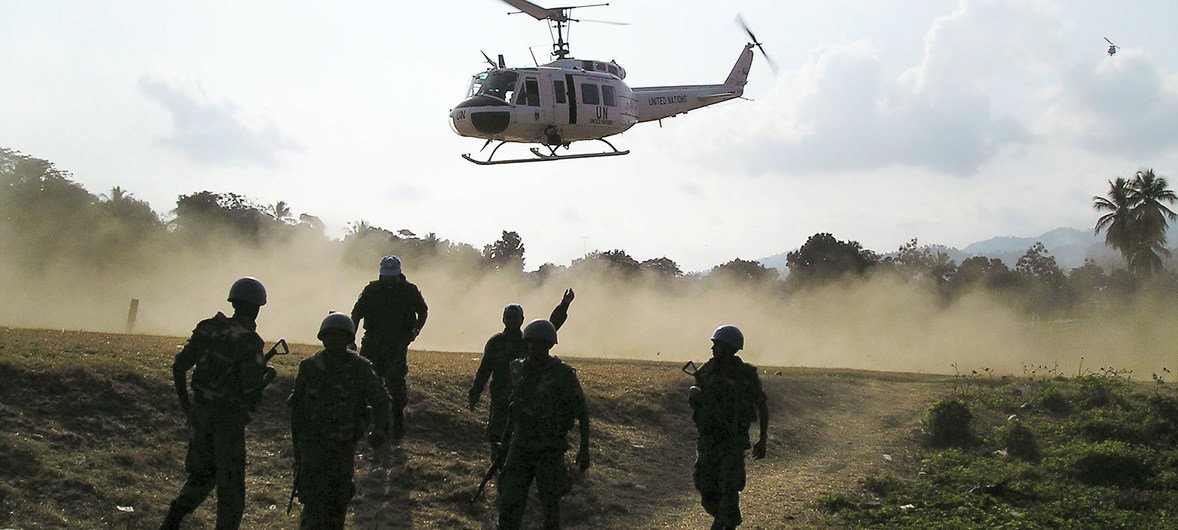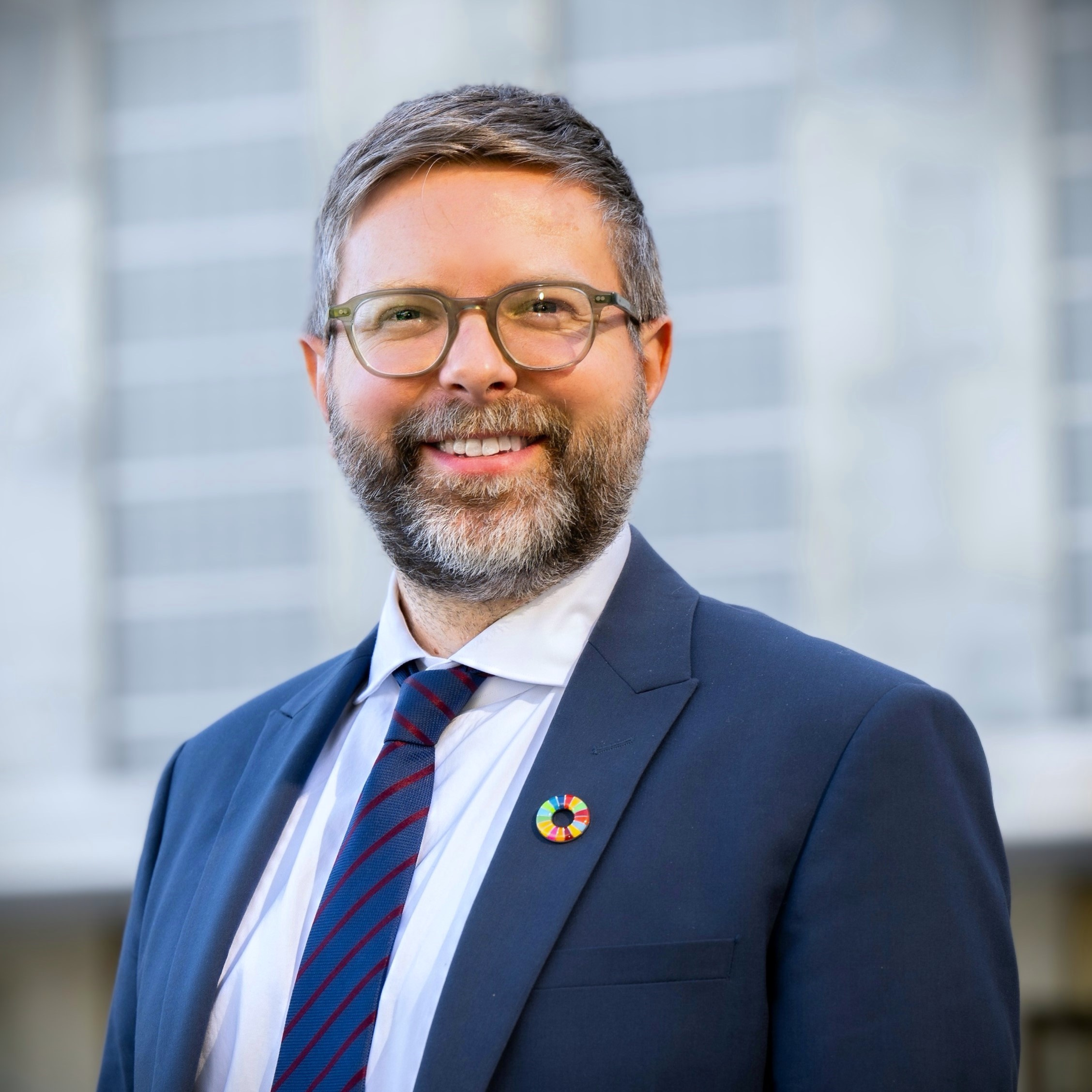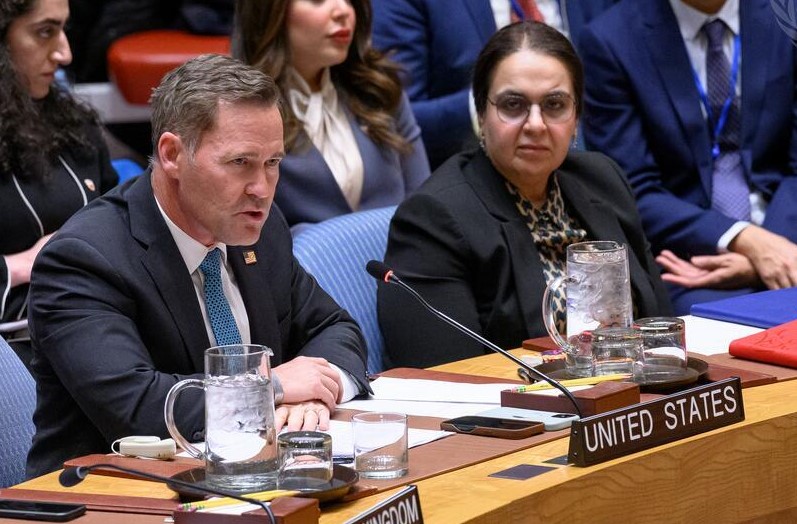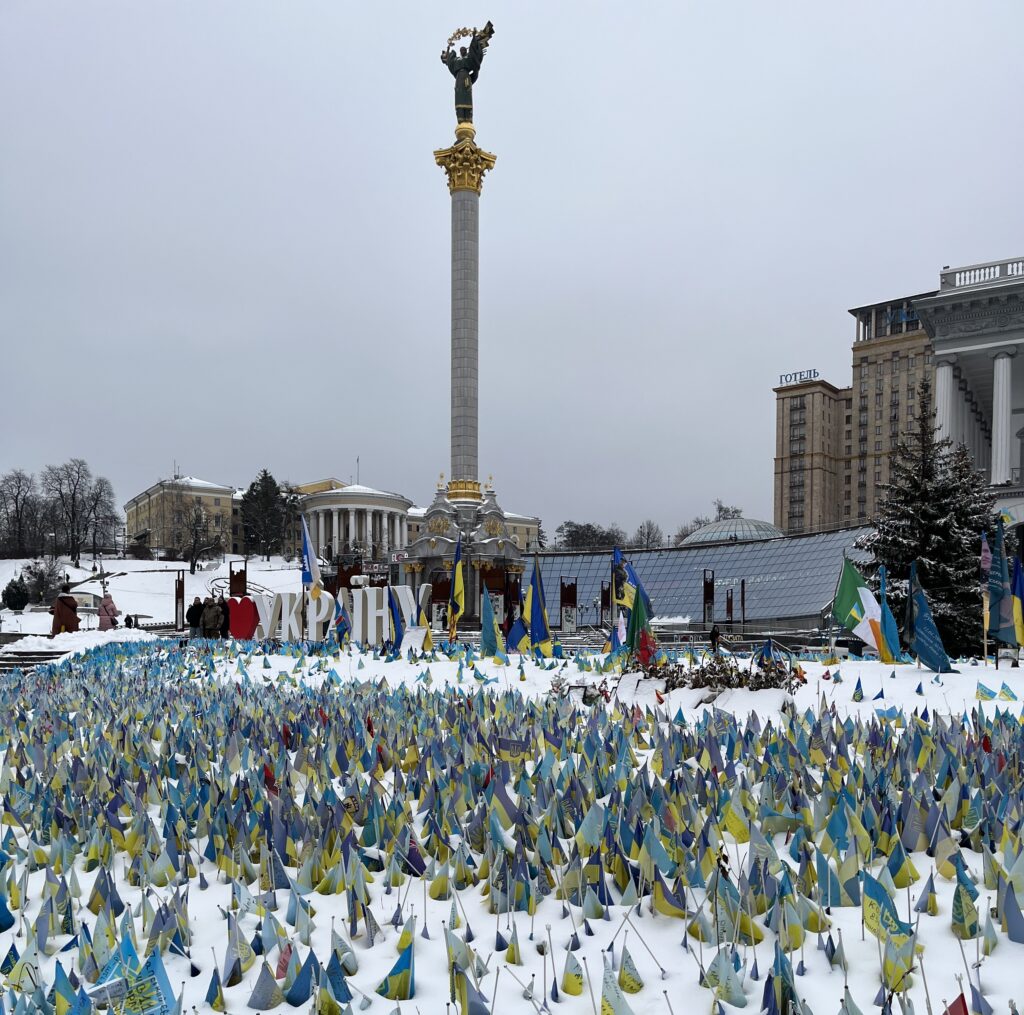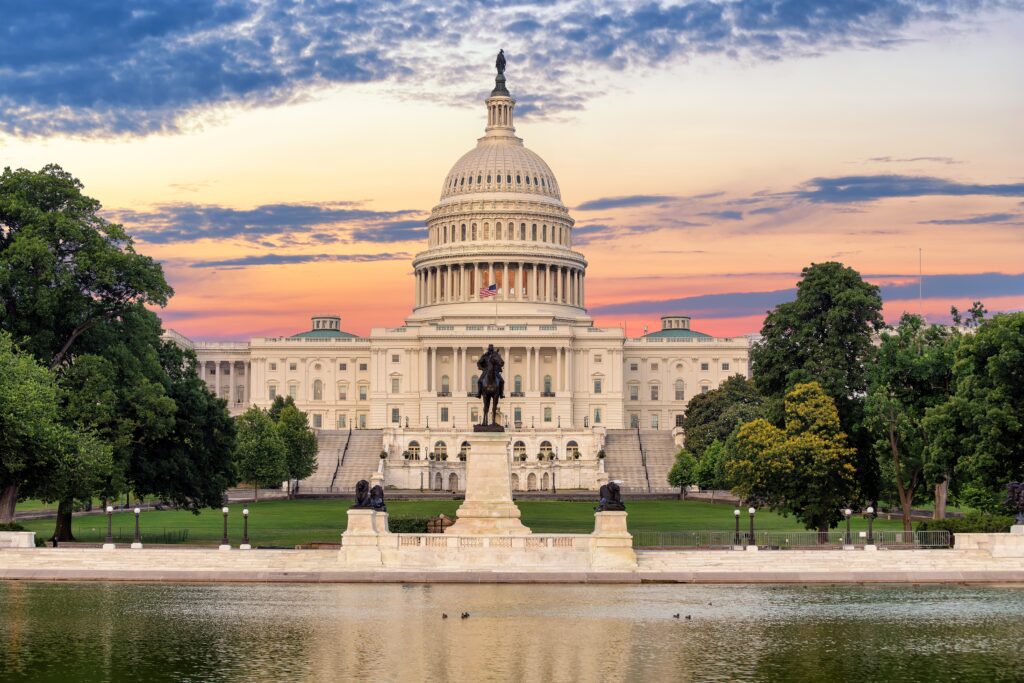Security Council Acts to Stabilize Haiti
Haiti stands at a crossroads. Armed groups control much of its capital and are expanding into provincial towns, displacing families, cutting communities off from basic services and turning the island nation into a regional hub for illicit trafficking and organized crime. In response, the international community has moved to help the Haitian National Police restore order through the Multinational Security Support (MSS) mission – which the U.S. just secured UN Security Council approval to expand into a full-fledged Gang Suppression Force (GSF).
What You Need to Know
On September 30, the UN Security Council authorized a new multinational Gang Suppression Force in Haiti, replacing the Kenyan-led mission as gangs tighten their grip, human rights abuses surge and a humanitarian crisis deepens. For the Trump Administration – and especially its new UN Ambassador Mike Waltz – the vote marked a major diplomatic win, turning uncertainty into momentum and putting the U.S. at the center of efforts to stabilize Haiti.
The resolution, which was adopted by the Council on September 30, does two things. First, it transitions the MSS mission to the GSF, roughly doubling the size of its troop contingent and authorizes it to undertake operations against gangs directly, rather than assigning it a supporting role under the Haitian National Police. And second, it stands up a UN support office – essentially a robust logistics support package.
A “Standing Group of Partners” – led by the U.S. and joined by the Bahamas, Canada, El Salvador, Guatemala, Jamaica and Kenya – will steer the GSF, capped at 5,550 personnel, including 5,500 uniformed troops and 50 civilians. These forces will deploy under their own national flags, not UN blue helmets. And unlike traditional peacekeeping, the GSF won’t draw on the UN’s assessed budget – it will rely on the same voluntary funding model as the MSS.
Within six months, the new UN Support Office in Haiti (UNSOH) will take over full logistical support for the GSF, paid for through the UN’s assessed peacekeeping budget. That means UNSOH will keep the force supplied with rations, fuel, water, housing, medical care, transport, aviation, communications, IT and GIS support – and reimburse equipment in line with standard UN practice.
Ensuring Accountability
Observers of UN peacekeeping missions in Washington and Port-au-Prince are rightly critical of past sexual abuse and misconduct by UN blue helmets against civilians, including in Haiti. Given serious UN performance scandals over the years, it may come as surprise to learn that – in no small part because of these same scandals – when the UN deploys peacekeepers it does so now with an established package of accountability and compliance mechanisms that are second to none in the multilateral world.
Although the GSF is not a UN peacekeeping mission, its hybrid arrangement with UNSOH obliges it to meet UN accountability and compliance standards. These include the UN Human Rights Due Diligence Policy (HRDDP), which requires UN entities to comply with human rights and international humanitarian law when providing support to non-UN security forces – meaning the GSF’s rules of engagement must comply with these legal frameworks.
The UN Secretary-General must provide regular reports to the Security Council on the GSF’s progress, while the mission chief has nine months to deliver a clear strategy with benchmarks, timelines and metrics for success. Those requirements – backed by ongoing updates – inject a level of transparency and oversight designed to keep the mission accountable to both the Council and the public.
High Stakes for Success
The GSF plan has been endorsed by the Haitian government, all 32 members of the Organization of American States (OAS) and CARICOM’s 15 Caribbean nations. With that kind of regional backing, even China and Russia – often eager to stall U.S.-led initiatives – couldn’t block the resolution at the Security Council, despite grumbling about troop composition, rules of engagement and funding.
For Haiti, the stakes could not be higher. In a searing address to the UN General Assembly during its opening session, Haiti’s transitional president Laurent Saint-Cyr described a country suffocating under gang control, wracked by murders, rapes, famine and mass displacement. As Saint-Cyr stressed, elections are within reach – 85 percent of polling stations identified and $65 million secured – but only if Haitians can vote freely and safely. The choice is clear: a shot at democratic elections, or more shots on the streets.
U.S. Leadership at the Fore
For the U.S., the Haiti crisis is not an abstract unraveling; it is state collapse within a two-hour flight from Miami. Instability in Haiti fuels migration across the Caribbean and into Florida and Texas while opening space for geopolitical rivals to expand influence in our backyard – all issues President Trump raised in his own address to the General Assembly. The outcome will shape migration, security and humanitarian conditions in Haiti, the region and the U.S.
For the Trump Administration – and especially its new UN Ambassador, Mike Waltz – the vote at the UN Security Council is a major diplomatic victory. As little as a week ago, the fate of the GSF was uncertain. But the administration put in strong diplomatic legwork in weeks prior and on the sidelines of the UN General Assembly, succeeding in turning the page on a faltering Biden-era Haiti policy. Building on inroads made by the Kenyan-led MSS mission, the new hybrid arrangement ensures an infusion of predictable and reliable funding while maximizing burden-sharing with other nations.
Follow-through on international troop contributions and funding will now be critical, along with a strategy to support Haiti’s political transition.
